Psychedelics & Existiantial Intelligence
For centuries psychedelics have been deemed as plant teachers by indigenous population. In particular, ayauasca, peyote, and mushrooms have been used by amazonian tribes of South America, indigenous peoples of Mexico, Native Americans of the United states, and Indo-Aryan Eurasians as spiritual tools to attain understanding and wisdom. Today, with their rise in popularity, western cultures now too hold this perspective, sharing the view that psychedelics provide humans with spiritual and cognitive tools that allow us to grasp a richer cosmological understanding of the world. So what cognitive tools do psychedelics provide? According to philosophers Dr. Kenneth Tupper and Dr. Howard Gardner, psychedelics facilitate a type of intelligence, which Gardner coined as "existential intelligence". According to Gardner, Existential intelligence refers to having a heightened capacity to appreciate and attend to the cosmological enigmas that define the human condition, an exceptional awareness of the metaphysical, ontological, and epistemological mysteries that have been a perennial concern for people of all cultures. In order for something to enhance existential intelligence, Gardner proposed 8 criteria, in which he provided justification for psychedelics meeting 6 of the eight. These criteria are as follows: 1. Identification of a neural substrate to which the intelligence may correlate. 2. the existence of individuals of exceptional ability within the domain of that intelligence. 3. An identifiable set of core operational abilities that manifest that intelligence. 4. A developmental history and a set of expert “end-state” performances for it. 5. Determining its evolutionary history and evolutionary plausibility. And 6. Susceptibility to encoding in a symbol system. Gardner suggested that existential intelligence is more debatable within the 7th and 8th criteria of intelligence. These are: support from experimental psychological tasks and support from psychometric findings. Originally published in 1999, much less experimental research on psychedelics had been done at the time of this publication, making it more difficult to provide justification. Today, much work has been done that may adequately fulfill these last two criteria, solidifying the argument for psychedelics as a tool for enhancing existential intelligence.
In his 2002 paper, Tupper argues the validity of the existential domain of intelligence. Citing Aldous Huxley, the famous writer and philosopher, Tupper suggests that psychedelics should be used as educational tools. He argues that they work as mediators of the mind and environment, and that psychedelics effect a purposeful change to the mind and body.
“The ordinary waking consciousness is a very useful and, on most occasions, an indispensable state of mind; but it is by no means the only form of consciousness, nor in all circumstances the best. Insofar as he transcends his ordinary self and his ordinary mode of awareness, the mystic is able to enlarge his vision, to look more deeply into the unfathomable miracle of existence.
The mystical experience is doubly valuable; it is valuable because it gives the experiencer a better understanding of himself and the world and because it may help him to lead a less self-centered and more creative life.” - Aldous Huxley
To read the full paper’s referenced:
Gardner, H. (1999a). Are there additional intelligences? In J. Kane (Ed.), Education, information, transformation: Essays on learning and thinking (pp. 111–131). Upper Saddle River, NJ: Prentice-Hall.
